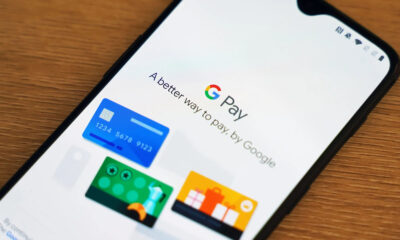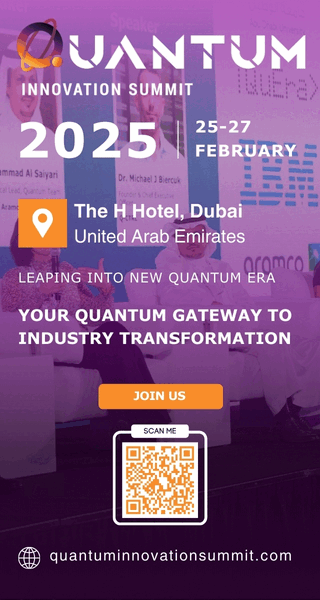News
Saudi Arabia Will Invest $270Bn To Boost Clean Energy Sector
Saudi Arabia’s Minister of Energy, Abdulaziz bin Salman Al Saud, says the country wants to be the leading exporter of hydrogen.
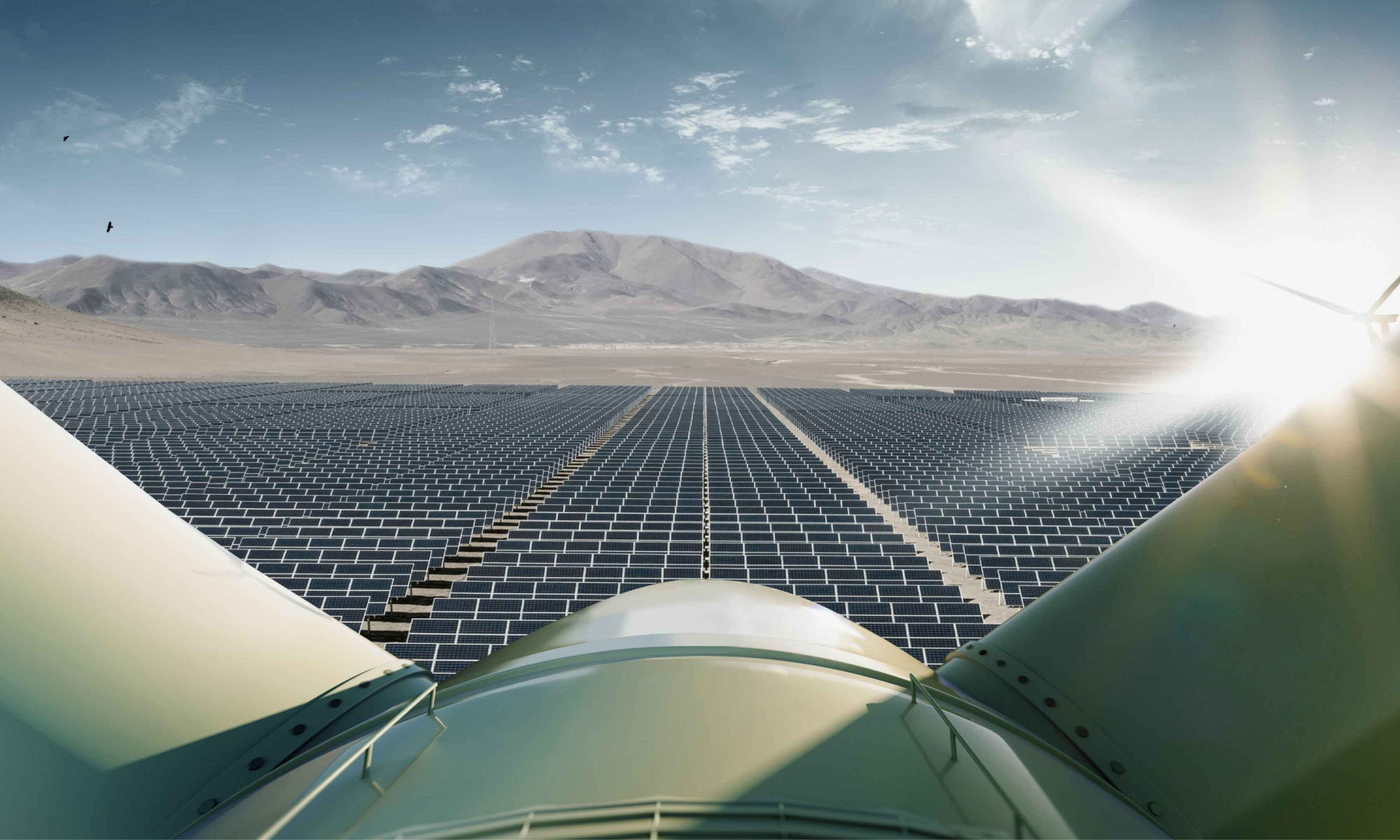
Although being well-known as one of the world’s largest oil producers and exporters, Saudi Arabia is making a huge commitment to developing a low-carbon energy sector, planning to boost its renewable energy percentage to 50%, and swapping any remaining oil use for natural gas. As part of the plan, the Saudi energy minister recently announced that the country will inject $270 billion into various low-carbon projects before 2030 to boost the clean energy sector.
“We are determined to be the leading exporter of hydrogen, as well as to provide clean hydrogen for local uses in heavy industries to produce green products such as green steel, green aluminum, fertilizers, and others at competitive prices,” says Saudi Arabia’s Minister of Energy, Abdulaziz bin Salman Al Saud.
Also Read: Dubai Unveils Plans For Climate-Controlled Cycling Highway
Bin Salman’s comments came while attending the in-Kingdom Total Value Add Forum and Exhibition. The announcement reinforces the kingdom’s commitments at COP27, with Saudi Arabia aiming to be an electricity exporter and expanding its transmission and distribution network.
As part of the greater Saudi Green Initiative, emissions across the region will drop by more than 270 million tons of carbon dioxide while employing a circular carbon economy approach.
News
Yabi Introduces AI Financial Coach For Smarter Money Moves
The app provides real-time, personalized financial guidance, helping UAE residents manage money smarter, reduce debt, and build wealth effortlessly.

Imagine having 24/7 access to an expert financial advisor — someone who understands your spending habits, helps you save more effectively, and offers guidance for every financial decision. That’s the vision behind Yabi’s revamped platform, an AI-driven finance app designed to transform personal finance management in the UAE.
Unlike traditional budgeting tools, Yabi acts as an always-available AI advisor, analyzing your unique spending patterns and offering real-time, tailored financial advice. Whether you’re making everyday purchases, planning a big trip, or saving for a major milestone, Yabi keeps you on track and helps you make informed financial choices.
Rakhil Fernando, CEO of Yabi, explains the mission behind the platform: “Financial literacy is not optional — it’s essential. But most financial tools today feel outdated and overly complex. Yabi is here to change that by offering AI-powered financial coaching that’s smart, simple, and accessible to everyone in the UAE”.
Here are some of the updated app’s new features:
- AI-Powered Financial Coach: A 24/7 digital advisor providing real-time financial guidance based on your spending habits and available in multiple languages.
- Live Insights: Connect your bank accounts for a detailed breakdown of your expenses.
- Tailored Budgeting: Yabi creates a budget that fits with your actual spending habits rather than generic financial advice.
- Interactive Financial Education: Learn the essentials of saving, investing, and credit management through engaging content integrated into the AI experience.
- Automated Expense Tracking: Receive instant alerts on overspending, identify hidden charges, and cut unnecessary subscriptions with ease.
- Credit Score & Financial Health Monitoring: Get free credit score checks and AI-driven recommendations to enhance your financial standing.
Also Read: A Guide To Digital Payment Methods In The Middle East
Finally, Yabi is also gearing up to introduce its own debit card and a suite of financial products, making it easier to save, spend, and invest within a single platform.
Want to try Yabi for yourself? You can download the app on the Apple App Store and Google Play Store.
-
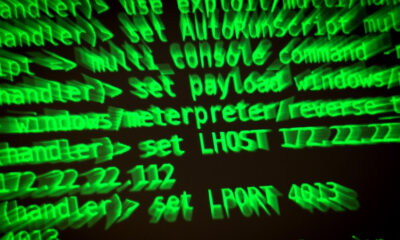
 News2 weeks ago
News2 weeks agoPassword & Crypto-Stealing Trojan Targets UAE Users Via App Stores
-
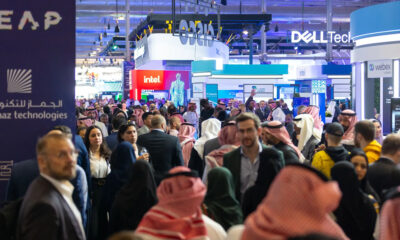
 News1 week ago
News1 week agoHP Invests In Saudi Tech, AI, And Education To Boost Regional Growth
-
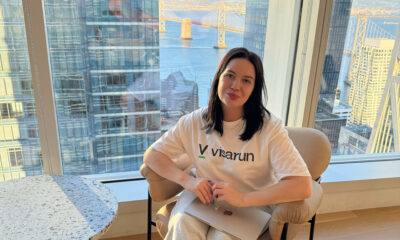
 News2 weeks ago
News2 weeks agoVISARUN.AI Raises $700K To Streamline MENA Visa Processing
-
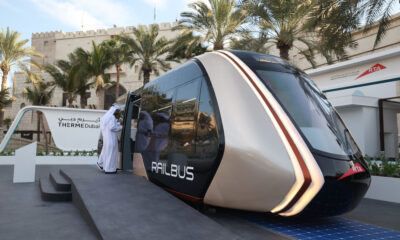
 News2 weeks ago
News2 weeks agoDubai’s RTA Unveils Solar-Powered “RailBus” Transit System




